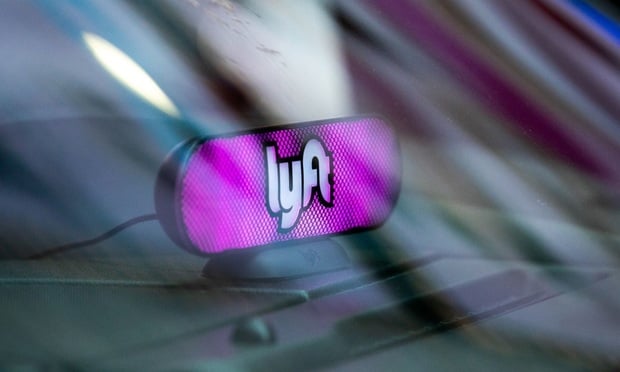 (Credit: Jeenah Moon)
(Credit: Jeenah Moon)
Gig work has boomed in popularity despite generally poor benefits thanks to workers' appetite for flexibility. That's the key takeaway from a recent report by Jitjatjo, an on demand staffing company.
From 2017 to 2021 the number of gig workers in the U.S. tripled. According to Jitjatjo's report, which pulls from a national survey conducted in December 2023 by Propeller Insights, flexibility has been the primary driver of the segment's rapid growth. Sixty-three percent of respondents said that making their own schedule makes gig work more attractive than a traditional office job. Further, 53% of respondents who switched to gig work said they did so for the sake of flexibility and better work/life balance.
|Millennials and Gen Z are all in
Whether it be due to different generational attitudes or economic circumstances, the fact of the matter is that young workers are the most likely to engage in gig work. According to the study, only 30% of workers over 45 have or are currently participating in the flexible labor market. Close to twice as many workers under 45 have participated in the gig economy. What's more, that under 45 group thinks gig work is the future, with a whopping 74% saying they believe flexible workers will drive America's future economy.
|Poor benefits pose problems moving forward
While millennials and Gen Z boast high participation in the gig economy and appreciate the segment's flexibility, that doesn't mean they're without concerns. Many lament the lack of benefits and regulations in the gig economy. According to the report, 74% of respondents under 45 agree that flexible workers should receive the same benefits and protections as traditional employees. Half of the under 45 group would consider leaving their full-time jobs if gig work included benefits. Forty-six percent of Gen Z respondents said gig work could only be a trusted long-term option if benefits were guaranteed.
Recommended For You
Complete your profile to continue reading and get FREE access to BenefitsPRO, part of your ALM digital membership.
Your access to unlimited BenefitsPRO content isn’t changing.
Once you are an ALM digital member, you’ll receive:
- Breaking benefits news and analysis, on-site and via our newsletters and custom alerts
- Educational webcasts, white papers, and ebooks from industry thought leaders
- Critical converage of the property casualty insurance and financial advisory markets on our other ALM sites, PropertyCasualty360 and ThinkAdvisor
Already have an account? Sign In Now
© 2025 ALM Global, LLC, All Rights Reserved. Request academic re-use from www.copyright.com. All other uses, submit a request to [email protected]. For more information visit Asset & Logo Licensing.








